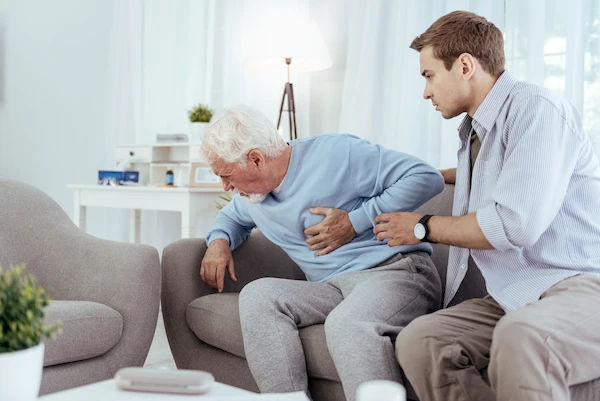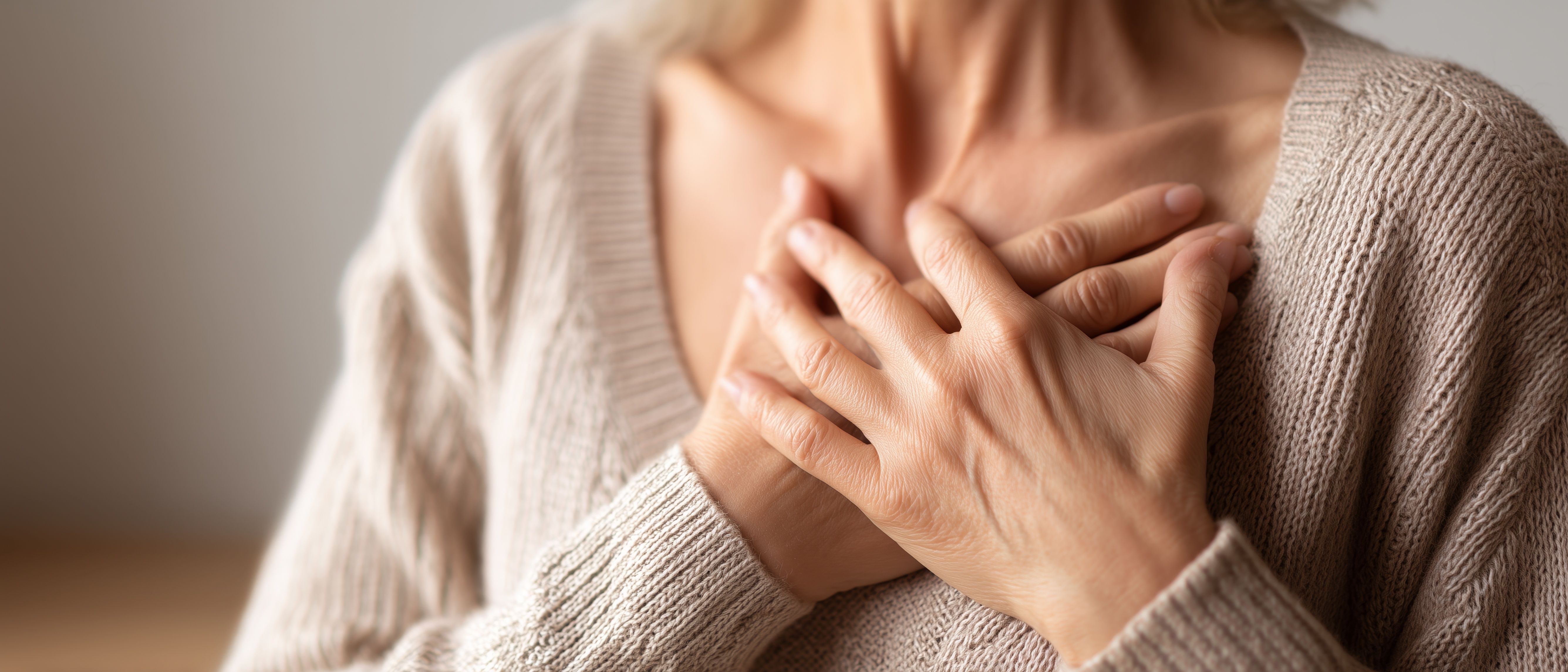- female
- 30 Years
- 22/01/2025
I'm having these weird experiences when I'm about to fall asleep, like when I'm in that transition phase. It's like I feel this single, really strong heartbeat that kind of moves my whole body. Its kind of freaking me out. Ive attached my ECG can you help me figure out whats going on with this?
Answered by 1 Apollo Doctors
it could be due to a premature ventricular contraction (PVC). This is when the heart's lower chambers (ventricles) contract earlier than normal, causing an extra, abnormal heartbeat. It may feel like a strong thump in your chest. Based on the ECG you provided, it confirms the presence of PVCs. To manage this condition, you can take a beta-blocker medication such as Metoprolol (25-50mg) to help regulate your heart rhythm and reduce the occurrence of PVCs. It is important to follow up with your healthcare provider for further evaluation and monitoring.
Dr. Mubarak Suggests...
Consult a Cardiologist
Answered 04/07/2025
0
0

More Cardiology Health Queries
View allIs it possible for a 25-year-old female who just had surgery for a 35mm ASD heart issue to live a normal life afterward, or are there likely to be any complications?
After 35mm ASD heart surgery, it is possible to have a normal life with proper care and follow-up. However, there may be some complications that can arise post-surgery, such as infection, bleeding, arrhythmias, or fluid accumulation around the heart. It is important to follow your doctor's recommendations for medications and follow-up appointments to monitor your recovery progress. As for medications, you may be prescribed antibiotics to prevent infection, blood thinners to prevent clot formation, and pain medication as needed. Additionally, you may need to take medications to manage any underlying heart conditions. It is important to follow a healthy lifestyle, including regular exercise, a balanced diet, and avoiding smoking and excessive alcohol consumption to support your recovery and overall heart health.
Answered by 1 Apollo Doctors
I'm really worried about some symptoms I've been experiencing. Whenever I get tired, I start having short breaths and feel this chest pain. I can walk for a bit if I go slowly, but after a few minutes, I start running out of breath and the chest pain comes back. Does this sound like something serious? What should I do about it?
do chest xray and check her hemoglobin levels
Answered by 1 Apollo Doctors
My mom's blood pressure was 130200 even though she's been taking her Zilarata medication. One doctor gave her half a medication, and then she relaxed, and her BP went down to 100145. But now it's at 120180. Do you think it's okay if I give her a BP win tablet?
take medicine
Answered by 1 Apollo Doctors
Disclaimer: Answers on Apollo 247 are not intended to replace your doctor advice. Always seek help of a professional doctor in case of an medical emergency or ailment.




